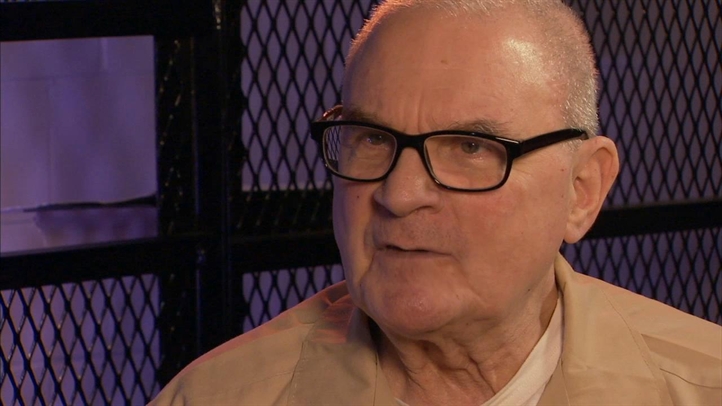You know to store food, water and batteries for an impending storm, but it's your smartphone and computer that can become important when preparing for the next storm -- for reasons you might not think.
Jean Bail, head of the Disaster Management program at Philadelphia University, teaches first responders how to plan for the worst disasters – both natural and man-made. She says part of your strategy should include putting your computer and smartphone to work to digitize the most vital information in your house.
"We look at being able to scan or capture data from everything homeowners insurance to your social security card to your driver’s license. Things that if they get damaged or lost, how are you going to access that information," Bail said.
Bail says it's a good idea to keep those digital copies on your smartphone for easy access to quickly and easily present them to recovery personnel. The information could even be used to help reunite you with a loved one.
"It also helps if you're separated from your children and you have pictures of them it makes the reunification process easier," she said. “If you have documentation about their birth certificate, your personal identification as a parent, it's easier to link parent and child together."
A household scanner, or a smartphone app that turns pictures you take into scanned documents, can be used to capture that information.
Having a first aid app installed on your mobile device can also come in handy. Bail suggests downloading the free first aid app from the Red Cross. It has videos and more explaining how to treat wounds should you get stranded.
Local
Breaking news and the stories that matter to your neighborhood.
"Under those high wind situations, emergency responders aren't going to be able to get to you…until the winds drop down below 45 m.p.h. So you need to be able to do self-care," she said.
We know water is not a computer's friend, so it’s vital, when preparing for the next disaster, to make backups of your computer hard drive and other digital information. That information increasingly includes our music libraries, movie collection, work projects and priceless family photos and video.
"Lots of copies keeps stuff safe -- so you just want to keep things safe and the more copies you have, the safer it is," says Drexel University professor and archivist Lori Richards.
She says consider making a backup to an internet-based cloud service so your data isn't all in one place and can't be wiped out by one disaster.
"What it is that you're going to lose if you don't do this? In some cases, what you're going to lose is the only picture of your grandmother that you ever had. How important is that to you," she asks.
As for security, Richards says whether you're saving your information on your smartphone, computer or the cloud -- the password is paramount.
“The number of people that use the word 'password' for their password is crazy,” she said. “So you need to think about something that's a little more difficult for people to get into.”
Powering your mobile devices when the electricity is non-existent is troublesome, but there are options to keep your devices juiced. There are a number of portable chargers including a hand-crank charger from the Red Cross that will manually charge your phone. It also doubles as a flashlight.
Or you can go the solar route. Solar chargers, like the ones sold by Gomatic, can power multiple devices in sunlight or under indoor lights in your home or an evacuation shelter.
Contact Vince Lattanzio at 610.668.5532, vince.lattanzio@nbcuni.com or follow @VinceLattanzio on Twitter.



